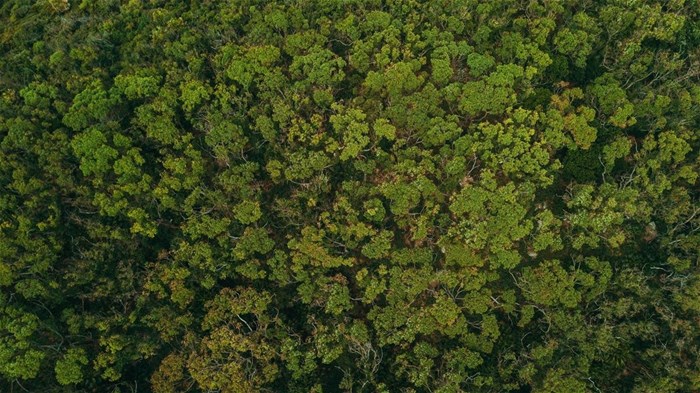
The UN programme helps developing countries cut greenhouse gas emissions from deforestation has scored a number of successes by boosting their forest monitoring capacities through data by generating detailed maps, statistics and studies on forest-use that were not possible previously.
For example, some 34 governments have now been able to submit critical baseline data on forest carbon stores and forest-related greenhouse gas emissions to the United Nations Framework Convention on Climate Change (UNFCCC). Together, those 34 countries account for 1.4 billion hectares of forests — 36% of the planet's forest area. Such data is an essential basis for developing countries to become eligible for payments in exchange for having reduced emissions from deforestation and forest degradation under the UNFCC's REDD+ scheme.
FAO, the UN Development Programme and UN Environment established their UN-REDD programme in 2008 to support countries wishing to participate in that scheme.
In addition to gains in monitoring and reporting capacities like those examined in the new assessment, the program has helped some 30 countries formulate national REDD+ strategies or action plans, has supported 40 countries in developing their national forest monitoring systems and has assisted 15 countries in drawing up national approaches to meeting UNFCCC requirements for social and environmental safeguards.
Tropical deforestation and forest degradation through agricultural expansion, conversion to pastureland, destructive logging, forest fires, and other causes accounts for 11% of the world's greenhouse gas emissions.
Conversely, afforestation, sustainable forest management and reducing deforestation are making forests one of the most cost-effective and immediate solutions to curb climate change.
"Forests and their ability to store vast amounts of carbon in their trees, undergrowth, and soils represent perhaps our biggest and most promising tool for confronting climate change. But to use that tool fully we need to have effective, comprehensive, and trusted systems in place for monitoring and reporting on what is happening in our forests," according to Tiina Vahanen, who coordinates FAO's work related to REDD+.
"This report shows what kind of progress is possible, but it also highlights the need to make sure that support is sustained and ongoing," said Vahanen. "With continued investment and sustained technical support, REDD+ can create a win-win for forests and other land-uses, and a major contribution to the Paris Agreement, and the 2030 Sustainable Development Agenda."
The assessment was launched during the recent UN-REDD Executive Board, which was hosted by FAO in Rome. The board approved new funding to nine countries including Colombia, Côte d'Ivoire, Indonesia, Mexico, Myanmar, Peru, Republic of the Congo, Viet Nam and Zambia.